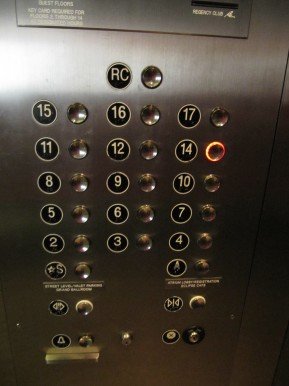Christina and I finished the 2010 SF Nike Woman’s Half Marathon with an overall time of 3:31:24 which is 28 minutes faster than last year. If you look at the pace and the rank it isn’t stellar but I wouldn’t exactly call myself an athlete either. I woke up at 4am to get over to Christina’s so it was a very early start to our day. Got some coffee and cash and we made it to the race just in time for it to start. We started in the orange group this year even though we had yellow wrist bands which means we run 14 minute miles (the slowest class). The nice thing about doing that is you are with faster people at the start. I got a little agitated because clearly the people who thought they were fast weren’t and were walking way too much to be in the orange class. Regardless it was another fun year and we saw lots of people we knew from work.
The first half of the race we had perfect weather and the second half it started raining which was fine until the race ended and we had to stop moving. The bus line was about a mile long which meant we waited in the cold rain and wind for about an hour wearing shorts and a soaked sweatshirt so I was chilled to the bone and shivering despite my best attempts to think about lying in the sun on a white sand beach. Went and picked up a pizza after the race and watched a nice movie with hot chocolate to finish off the day. My muscles are actually doing pretty good this year but my knees are what hurt the most. Go team Safeway!




























